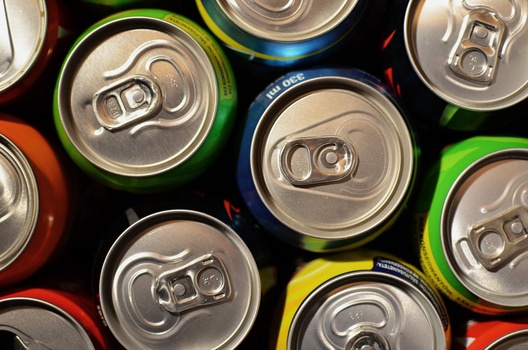A few hundred years ago, fructose (a type of sugar) was virtually absent in our diet but now it is a major part. Examples of high fructose containing foods/drinks are fizzy drinks, honey and packaged foods such as tomato sauce. Our liver is our only organ that can process fructose but if we eat a diet (as most of us do) that contains a lot of fructose, our liver gets overwhelmed and starts turning fructose into fat. This can cause hyperlipidaemia (high blood fat), fat deposits around and inside our organs, insulin resistance (which can lead to diabetes and obesity). Fructose is also linked to cancer, anxiety, depression and increased appetite.
In summary fructose:
- Fructose makes you eat more calories as it doesn’t make you feel full in the same way as other sugars.
- Fructose leads to insulin resistance and then high insulin like growth factor (IGF-1), which then can cause cancer, obesity and diabetes.
- Fructose consumption can also cause leptin resistance (leptin tells your brain you have enough energy stores and therefore can safely burn fat). Therefore leptin resistance can make you store more fat and develop obesity.
- Fructose is addictive.
- Your liver is the only organ that can break down fructose. Fructose makes your liver produce fat, which causes high blood fats, fat around and in your organs (e.g. liver) and eventually, heart disease. Fat in the liver can cause non-alcoholic fatty liver disease which can eventually turn into liver cancer. Your liver also produces free radicals (harmful molecules) when it breaks down fructose.
- Fructose increases uric acid in your blood, which causes gout and raised blood pressure.
Replace the added sugars in your diet with fructose alternatives such as rice malt syrup or stevia. Better still, train your taste buds to prefer savoury foods.

